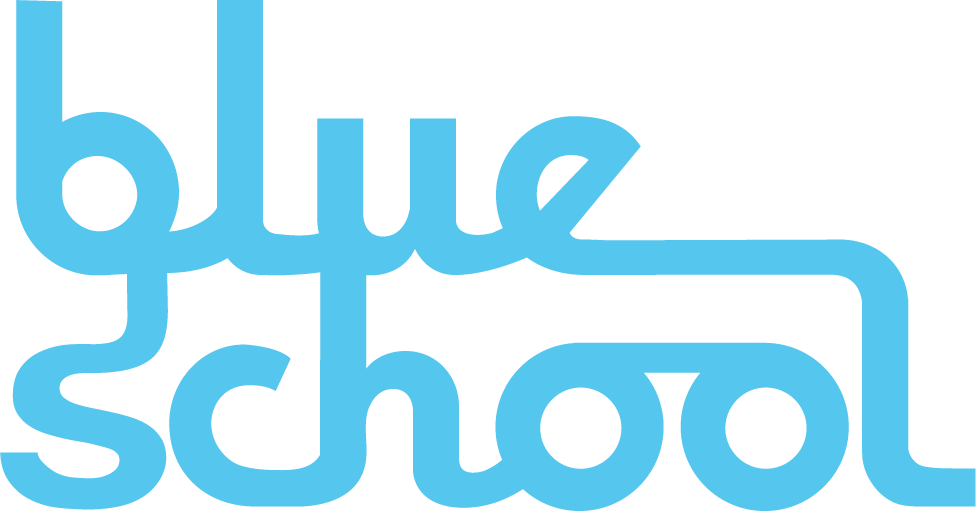Blue School Approaches to Problem Solving
We always hope that every day, week and year is problem-free. However, problem solving is a big part of school (and life). It is the foundation on which we build trust. During my time as an educator, I have always felt the way by which we approach and attempt to solve problems is part of the way we create and sustain our culture. Considering all this, problems are really important.
Over the spring and summer, I wrote down some thoughts on this issue. I shared them with the Families Association and faculty to gather input and feedback. We share it with you here as a statement of philosophy on problem solving and communication. Families Association co-presidents (facopresidents@blueschool.org) Kira Wizner and Natasha James and I invite you to take a look. We welcome your questions and comments.
Here’s to many problems approached and solved.
Thank you for reading. – Allison
Blue School Approaches to Problem Solving
In a school, there are always challenges and dilemmas. This is part of the everyday work. The joy and challenge of working on these problems is part of what brings educators to this career. We believe human beings are complicated and problems require nuanced responses, conversation, empathy and thoughtfulness. To that end, our Families Association and school leadership team support the following guiding parameters for problem solving when issues come up:
— Reach out with questions. All teachers love to talk about their work. They work hard, often in unseen ways, and want you to ask them questions about what they are doing with children because this is their life’s work and our passion. Please ask them!
— Curiosity first. This applies to problems as well; please ask questions first. Teachers and leaders think deeply about their choices in classrooms and within the school. If something is happening that you are uncomfortable about or your child is coming home with worries or anxieties, try to find out more from your child’s teacher, but assume first that there is already some observation and thinking behind it. If the issue doesn’t resolve, please keep talking with us. If you feel other parents have a growing concern, you should, with the spirit of open conversation and supporting the whole class and community of parents to move forward together, bring that to your teacher, as well. School communities and children are complicated, and our partnership depends on the respect that our shared curiosity about one another’s experiences demands.
— Email communication is okay; face to face is better. When an issue is difficult, please use direct communication in person. Teachers are able to set up meetings with you when you have a difficult conversation. Emails between parents that don’t include teachers can make the problem worse. It could create worry without including those who can help solve the problem. Let’s all try to be in a problem-solving stance as much as possible. We can all hold one another accountable for this, as we are all guilty of forgetting this sometimes.
— Schools are as imperfect as the humans that work in and attend them. Over the course of your time at Blue School, there will be decisions you question or even dislike. There will be questions you have and things you don’t understand. Please feel free to ask about those things, and understand that we will always hear you and share our thinking as appropriate, even if we do not agree, or cannot speak as openly as you might like.
— Respect for all children and families. There are times when parents want to discuss other children in the school. Faculty members will of course speak with families about their own child’s experience, and about concerns brought directly to them, but please understand that we cannot speak openly about other people’s children.
— Communication is essential to prevent problems from arising, but with a balance. Please understand that we have to strike a balance of documentation, photos, and blogging and being present with your children. Most of the time, we will expect teachers to prioritize being present with children and planning their instructional next steps, over taking a photo or blogging. Communication is an expectation for all teachers, and we know it can often prevent questions and concerns from arising, but being with and noticing your children is our priority. Please be forgiving if blogs are not as timely as you’d like; we assure you they are coming as quickly as is reasonable.
Thank you for reading and helping us all see problem solving as a positive part of the work of our community.
